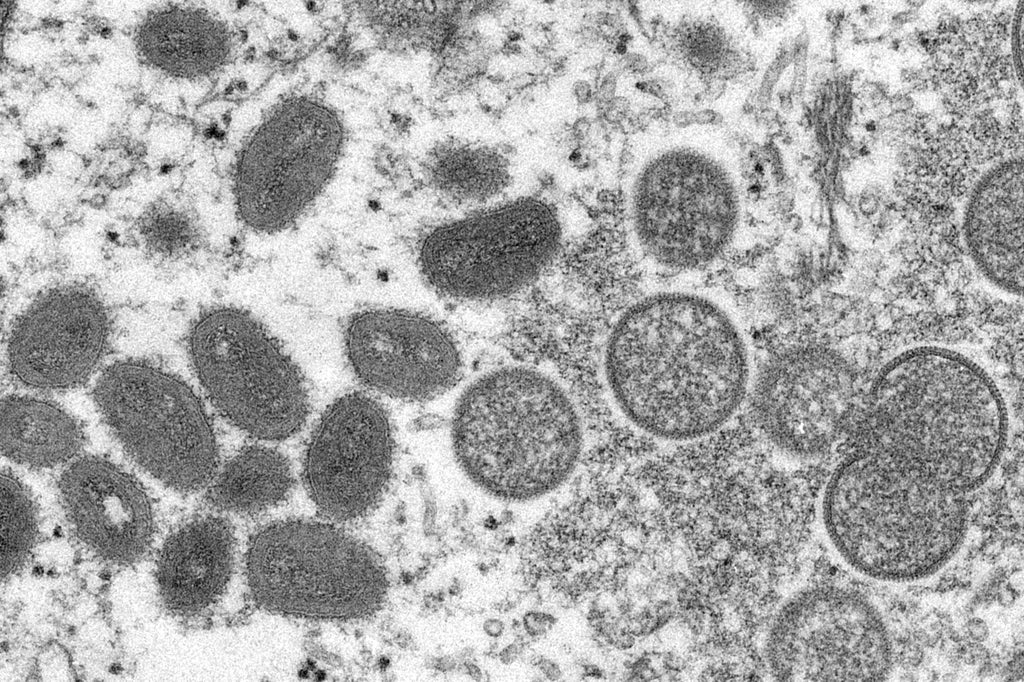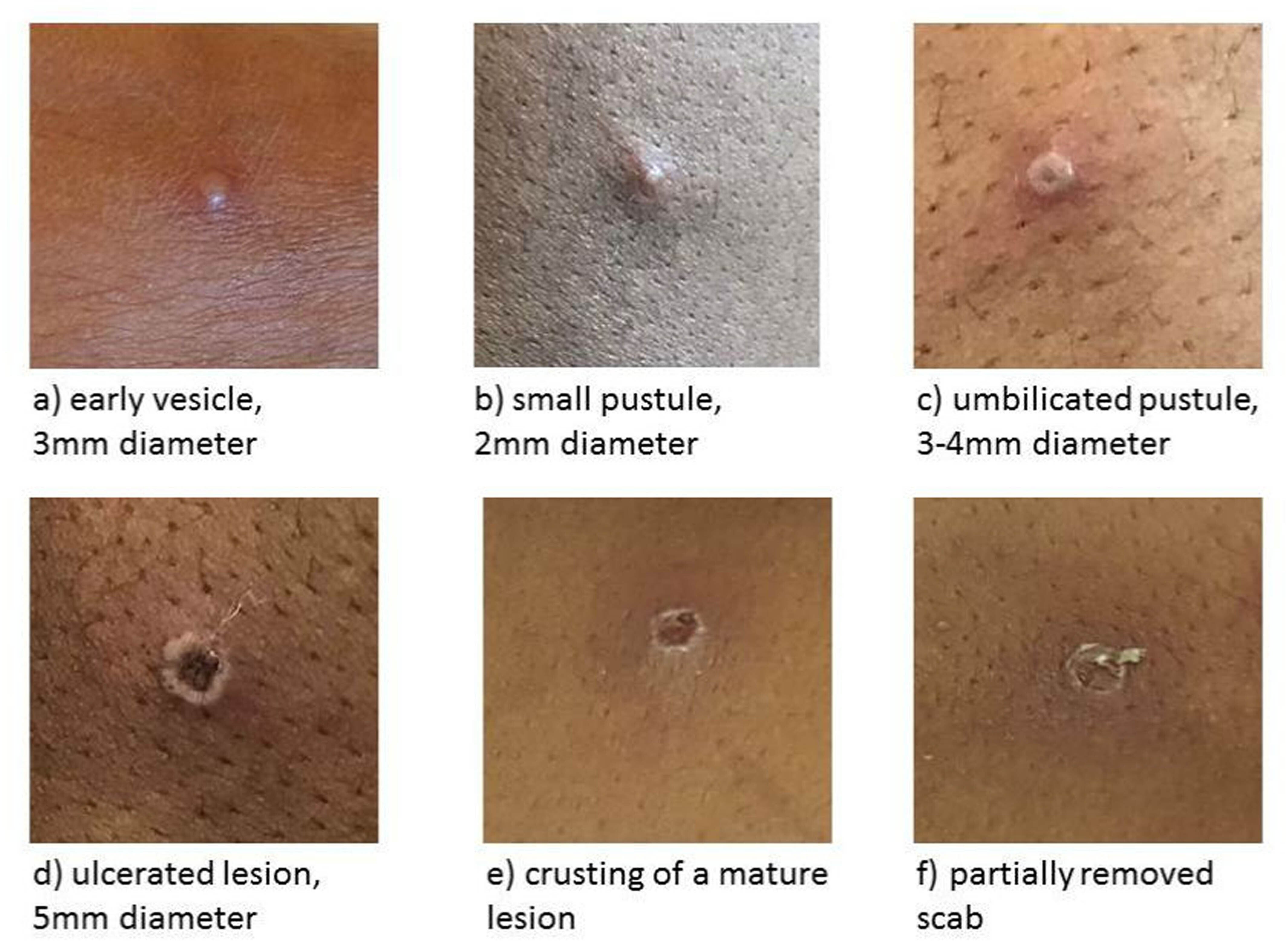
An outbreak of monkeypox in the UK could have a “massive impact” on sexual health services, doctors have warned.
There are at least 20 confirmed cases of monkeypox in the UK, out of about 100 confirmed and suspected cases in Europe – according to the World Health Organisation.
Over-stretched clinic staff are having to self-isolate if they come into contact with anyone infected with the contagious disease.
They are asking patients with symptoms to call them rather than seek help in person, in order to limit the spread of the virus.
Dr Claire Dewsnap, a consultant in genitourinary medicine and president of the British Association for Sexual Health and HIV, told the BBC that sexual health clinics were “already under significant pressure” without factoring in the consequences of staff having to self-isolate.
“It is already stretching the workforce and will have a massive impact if staff have to isolate if they are in close contact with someone who’s infected [with monkeypox],” Dr Dewsnap said.
“I am concerned about the potential impact on access to sexual health generally,” she added.
At least 12 of the 20 cases in the UK have been found in London.

The BBC had reported: “In London, where most of the UK’s 20 identified cases have been detected, sexual health clinics have stopped people walking in altogether.”
But The Independent understands that only people with monkeypox symptoms are advised against attending clinics on a walk-in basis.
Soho’s 56 Dean Street clinic, which specialises in services for LGBT clients, as well as treating heterosexuals, says on its website: “Please do not walk in to our clinics with symptoms of monkeypox – call us so we can assess you first before you attend.”
The central London clinic told The Independent that walk-in appointments have been limited to emergency cases for just over two years, but not because of the monkeypox outbreak.
Walk-ins at 56 Dean Street have been limited – to victims of sexual assault or those needing emergency contraception – because of the Covid pandemic, a staff member said.
Rosehill Clinic – in Sutton, south London – has also stipulated that people showing monkeypox symptoms, or who have had exposure to the virus, should stay at home.
The clinic’s website says: “Please do not attend the clinic if you have a fever and rash or have had contact with any person known to have a monkeypox infection.”
Monkeypox can be spread when someone is in close contact with an infected person. The virus can enter the body via broken skin, the eyes, nose or mouth. It also can be passed on by skin-to-skin contact during sex.
The majority of the UK cases have been detected in gay and bisexual men, leading the UK Health Security Agency to advise gay and bisexual men to be aware of any unusual rashes or lesions.
Most cases have been mild, but the disease can have more severe consequences in young children, pregnant women, and people who have weakened immune systems.
On Friday, health secretary Sajid Javid said the UK was stocking up on smallpox vaccine doses to help protect some groups against the virus – as smallpox and monkeypox viruses are similar.







